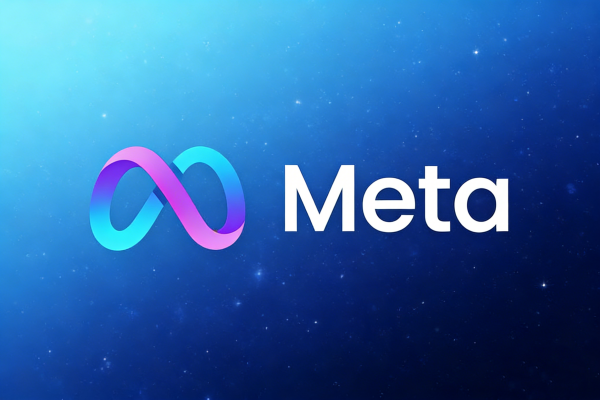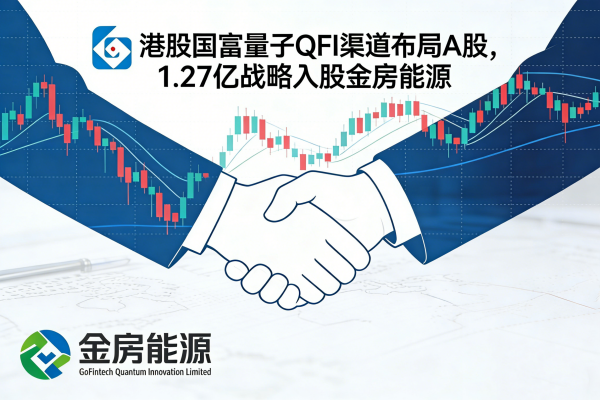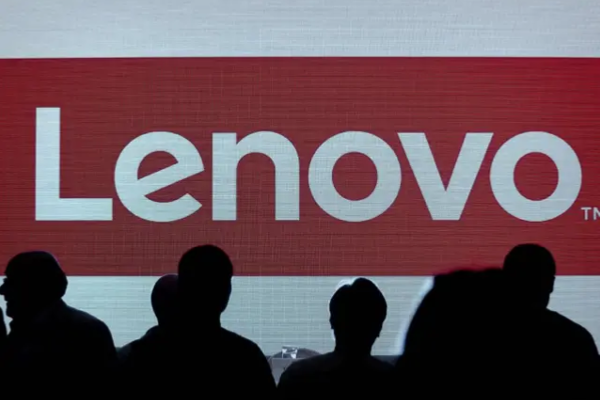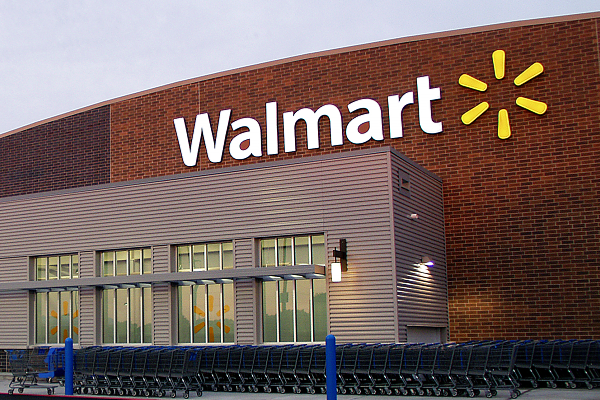South Korea's Bitcoin premium rate returns to above 2%
After briefly falling below the global average price in South Korea on April 9, the coin has traded at a premium over the past ten days, reaching a level of 2.97% above the international benchmark.
South Koreans often gravitate toward cryptocurrencies such as Bitcoin due to the lack of high-return domestic investment avenues. Ten days ago, Bitcoin was trading at a 1.19% discount to the global average price on local exchanges amid market turmoil caused by U.S. President Donald Trump's tariff plans.
Since then, the premium that has become almost the norm in the Seoul market has returned, peaking at 2.97% on April 15, according to cryptoquant.com's indicators. Data at 7 p.m. on April 19 showed that the global average price of Bitcoin was $85,246, while Upbit's won price was 1.65% higher and Bithumb's offer was 1.73% higher than the global reading.
This premium indicates strong demand and high confidence among South Korean traders. When South Korean buyers pay more, they convey an optimistic sentiment that is historically consistent with sustained capital inflows. The premium also suggests tight supply of coins on local exchanges, adding to upward price pressure. Such situations often foreshadow broader rallies as international traders take notice of rising demand.
As a result, many view the South Korean premium as an early sign of positive momentum for Bitcoin. In contrast, cryptoquant.com’s Coinbase Premium Index now shows a discount. The indicator, which tracks the price difference between Coinbase Pro’s USD pair and Binance’s USDT pair, shows that U.S. traders pay lower prices than their Binance counterparts, suggesting more subdued demand in the U.S. market.
As the USD and KRW are Bitcoin’s primary fiat gateways, their opposing price signals have a significant impact on global price discovery. When the two hubs diverge, the tension between discounts and premiums shapes Bitcoin’s broader momentum, rather than completely eliminating bullish or bearish signals.









